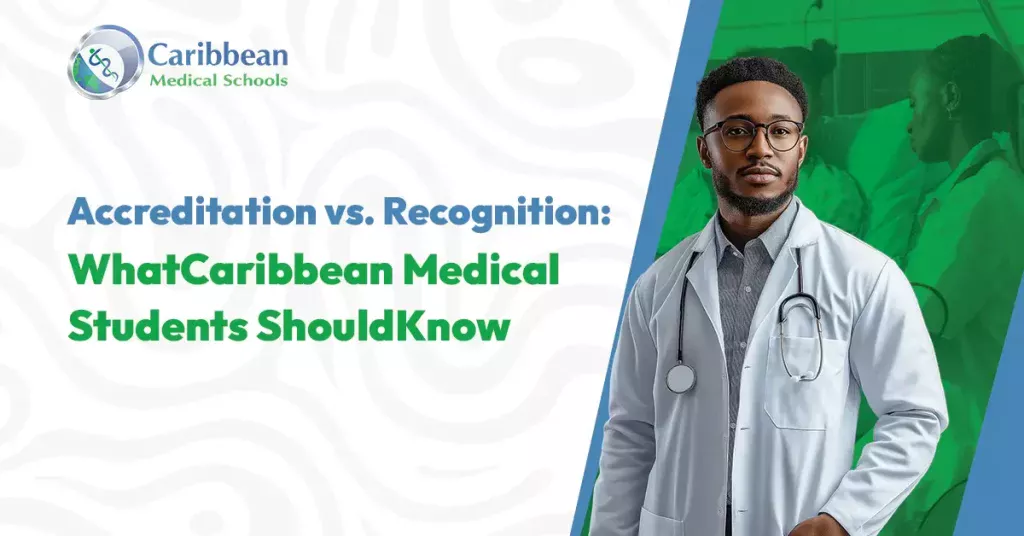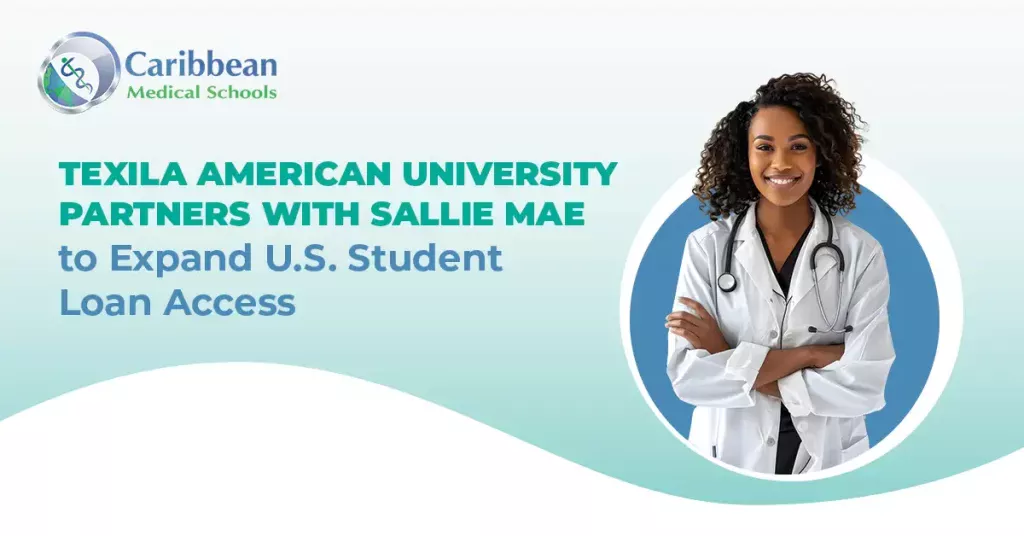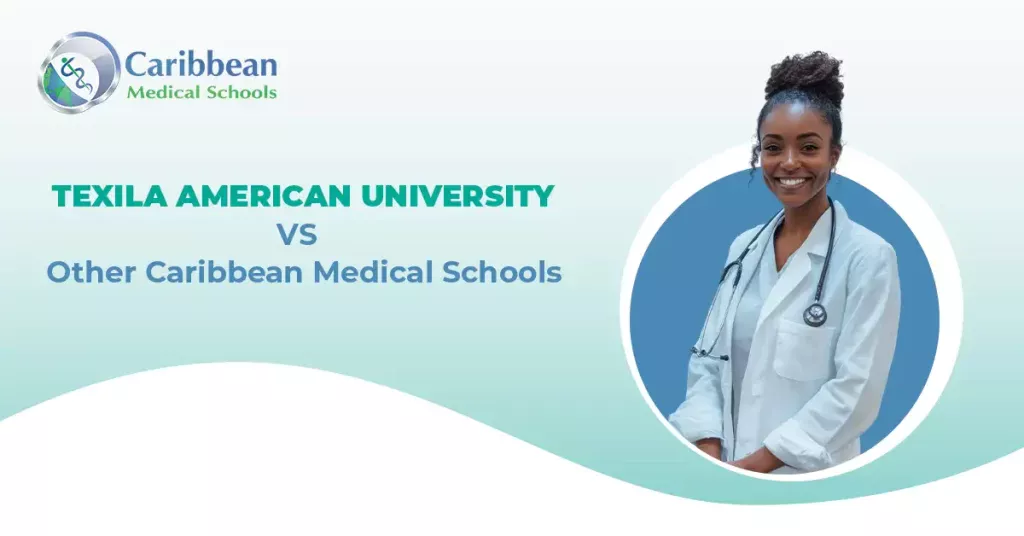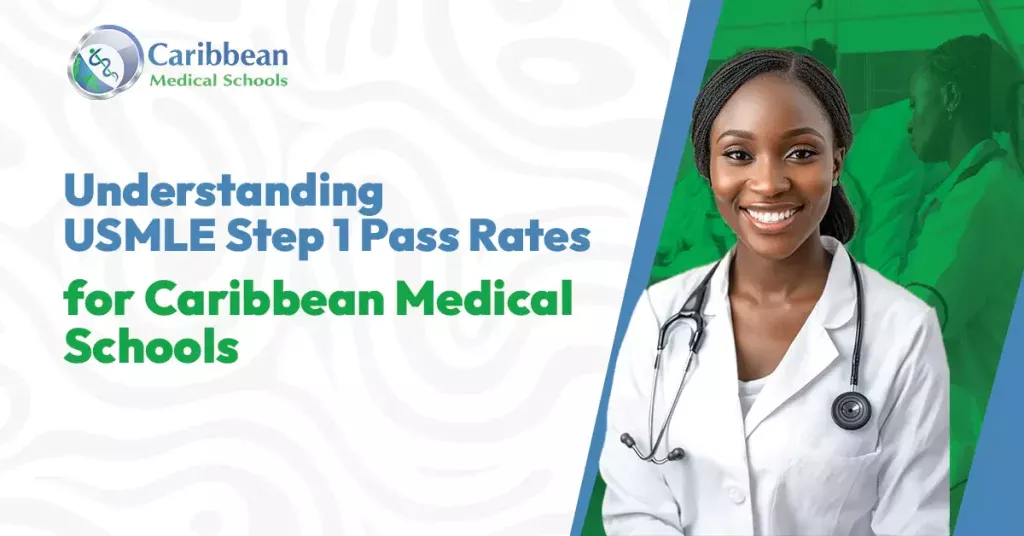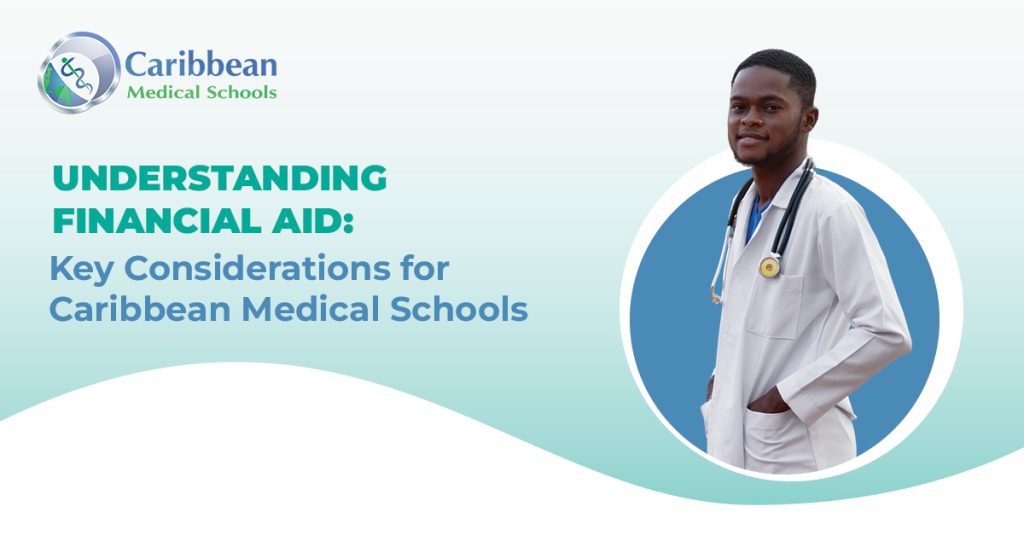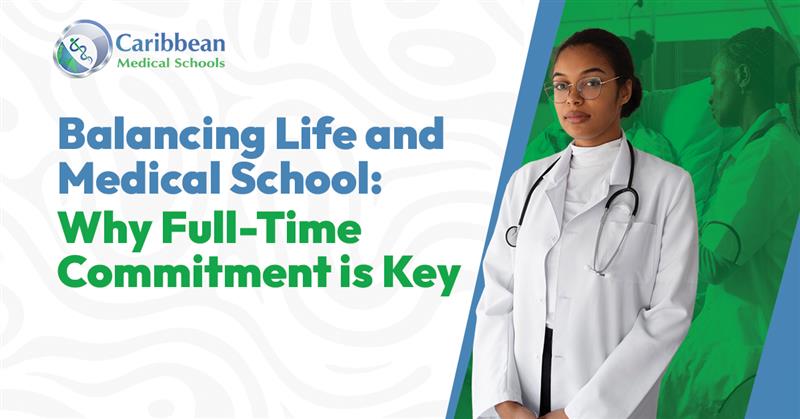Blog Summary
For Caribbean medical students, the journey to becoming a licensed doctor is exciting but can also be filled with confusing terms. Two of the most important (and often misunderstood) terms are “accreditation” and “recognition.” These words are used frequently in medical school conversations, but many students don’t understand the difference and the implications they carry for future practice, residency, and licensure. This blog will break down Accreditation vs. recognition, explain why both are important, and highlight what Caribbean medical students should know to make smart decisions about their medical education and career path.
- What is Accreditation in Medical Education?
- What is Recognition in Medical Education?
- What's the difference between Accreditation and recognition in medical schools?
- Why Is Accreditation Important for Caribbean Medical Students?
- ECFMG 2024 Accreditation Rule
- What Caribbean Medical Students Should Look For
- Examples of Caribbean Medical Schools with Accreditation and Recognition
What is Accreditation in Medical Education?
Definition: What Doe Accreditation Mean?
Accreditation is when an independent accrediting body evaluates a medical school to ensure it meets specific educational quality standards. It’s essentially a stamp of approval that says: This school provides a curriculum and facilities that meet the criteria for producing competent physicians.
Key Characteristics of Accreditation:
- Granted by recognized accrediting agencies
- Based on rigorous evaluation standards
- Often involves site visits, student feedback, and continuous monitoring
- It is necessary for international recognition, ECFMG eligibility, and residency placement
Example: A medical school accredited by CAAM-HP (Caribbean Accreditation Authority for Education in Medicine and other Health Professions) meets regional medical education standards.
What is Recognition in Medical Education?
Definition: What Does Recognition Mean?
Recognition refers to governments, regulatory bodies, or international institutions acknowledging a medical school’s legitimacy. It means a school is listed or approved by a relevant authority, but it doesn’t always mean the quality has been fully evaluated.
Key Characteristics of Recognition:
- Can be granted by a government or the Ministry of Education
- Often includes inclusion in directories (e.g., World Directory of Medical Schools)
- May allow students to take licensing exams, but not always residency access
- Doesn’t always equal high education quality
Example: A school listed in the World Directory of Medical Schools (WDOMS) is recognized but may or may not be accredited by an internationally accepted body.
| Feature | Accreditation | Recognition |
| Who Grants It? | Accrediting agency | Government or organization |
| Based on Evaluation? | Yes, rigorous quality standards | Not necessarily |
| Indicates Education Quality? | Yes | Not always |
| Required for ECFMG/USMLE? | Yes | Sometimes |
| Examples | CAAM-HP, ACCM, WFME-recognized bodies | WDOMS, National Registries |
What’s the difference between Accreditation and recognition in medical schools?
Accreditation involves an accrediting agency’s thorough evaluation of a medical school’s curriculum and quality standards. Recognition, on the other hand, refers to a medical school’s listing or approval by a government or a global directory, without necessarily assessing the quality of education.
Why Is Accreditation Important for Caribbean Medical Students?
Caribbean medical schools have a wide reputation globally. However, not all of them are accredited by reputable agencies. This matters more than you may think.
ECFMG 2024 Accreditation Rule
From 2024, the Educational Commission for Foreign Medical Graduates (ECFMG) requires all international medical graduates to come from a school accredited by an agency recognized by the World Federation for Medical Education (WFME).
Without Proper Accreditation:
- You cannot take the USMLE Step exams
- You are not eligible for ECFMG certification
- You cannot apply for U.S. residency programs
- You may face issues with licensure in Canada, the UK, or other countries
With Accreditation:
- Smooth pathway to U.S. residency
- Global recognition of your degree
- Better job opportunities abroad
- Peace of mind about education quality
Recognition: A Step But Not the Finish Line
While recognition is essential, it’s not enough if you aim for global medical practice.
Examples of Recognition:
- Your school is listed in WDOMS
- Your home country recognizes your degree
- You are allowed to apply for some national exams
However, if your school isn’t accredited, these recognitions won’t help with ECFMG certification, USMLE eligibility, or Canadian/UK residency programs.
What Caribbean Medical Students Should Look For
Choosing a Caribbean medical school involves more than just tuition and location. You must check Accreditation and recognition to ensure your career goals are achievable.
Accreditation Checklist:
- Is the school accredited by CAAM-HP, ACCM, or another WFME-recognised body?
- Do ECFMG and WFME recognize the accrediting agency?
- Does the school have clinical rotations in the U.S. or Canada?
- Are graduates eligible for the USMLE, PLAB, or MCCQE exams?
Recognition Checklist
Is the school listed in the World Directory of Medical Schools?
- Is it recognized by the home country’s Ministry of Education?
- Are graduates eligible to apply for local medical licensing exams?
Examples of Caribbean Medical Schools with Accreditation and Recognition
Texila American University (TAU):
- Listed in WDOMS
- Recognised by the Medical Council of Guyana
- Accredited and aligned with ECFMG 2024 guidelines
- Offers USMLE training, clinical rotations in the U.S., and global placement assistance
- Accreditation: ACCM, CAAM-HP, BAC, NACG
- Recognitions: ECFMG (USA), MCC (Canada), MCG (UK), NMC (INDIA)
Note: The National Medical Commission (NMC), India, does not approve or recognise any foreign university. However, our program is structured to meet NMC guidelines for foreign medical education eligibility.
Other accredited Caribbean schools include:
- St. George’s University (SGU) – Accredited by CAAM-HP
- American University of Antigua (AUA) – Accredited by ACCM
- Ross University – Accredited by CAAM-HP
What is more critical—Accreditation or recognition?
Accreditation is critical regarding licensure and residency opportunities, especially in the U.S., Canada, and the UK. Recognition alone won’t qualify you for exams like the USMLE.
How do I verify if a Caribbean medical school is accredited?
Check the school’s website and verify with the World Federation for Medical Education (WFME) or the ECFMG website to ensure the accrediting body is recognized.
Can I still take the USMLE if my school is recognized but not accredited?
No. From 2024 onward, you must graduate from a WFME-accredited medical school to take the USMLE and get ECFMG certification.
Is WDOMS listing the same as Accreditation?
No. WDOMS listing is a form of recognition, not Accreditation. It shows the school exists but does not evaluate its quality.
What if I’m already enrolled in a non-accredited Caribbean medical school?
You may face restrictions in the future. Consider transferring to an accredited institution or checking if your school obtains WFME-recognised Accreditation.
Final Thoughts: Choose Wisely, Think Long-Term
Your choice of medical school determines your career path, not just during MBBS or MD, but also after graduation. For Caribbean students aiming for U.S. or international practice, ensure the school offers Accreditation and recognition.

